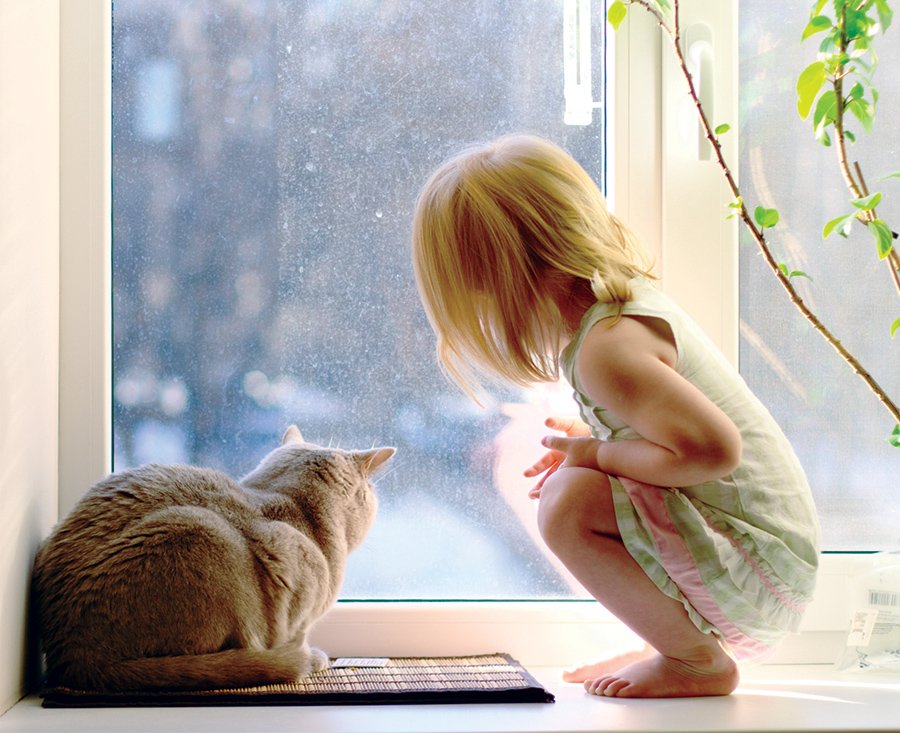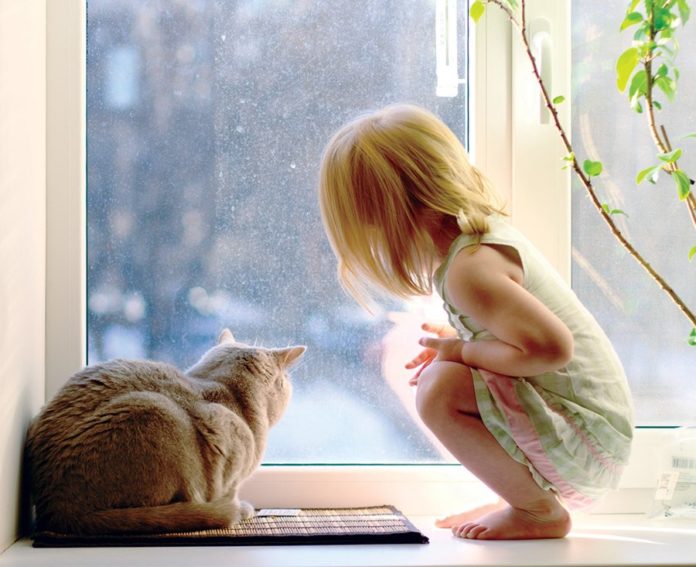

sloona-stock | Deposit Photos
Q. I recently lost a cat to feline infectious peritonitis (FIP), and this was a dreadful experience. No matter what we did, he continued to accumulate fluid in his chest and abdomen, and my veterinarian told me that there is no cure for this condition. All we could do was repeatedly remove the fluid until his quality of life became so poor that we decided to have him euthanized. Are you aware of any research that is being done that may improve this situation for other cats afflicted with FIP?
A. Thank you for getting in touch, and I am so sorry to hear of your recent loss. I know that managing cats with FIP can be very sad, and its routinely poor prognosis makes the situation even that much more devastating. More recently, though, studies suggest that there may be some promise for an effective therapy for FIP. Perhaps a quick review of FIP and these studies will be helpful in understanding what FIP is and how we may be able to treat it in the future.
FIP results from the mutation of the ubiquitous coronavirus, which most commonly resides in the GI tract of infected cats (called the feline enteric coronavirus, or FeCV). Cats infected with FeCV most commonly show no signs of illness, except perhaps some mild GI upset (vomiting/diarrhea) that is self-limiting. In approximately 5 percent of cats infected with FeCV, the virus will undergo one of several different mutations (called FIPV) that change where the virus travels in the body and how it behaves.
Depending upon which mutation(s) take(s) place, the virus may cause a systemic inflammatory reaction that causes the accumulation of fluid in body cavities (called the “wet form” of FIP), or it may travel to the central nervous system, where it causes what’s been referred to as the “dry form” of FIP, in which cats most commonly develop neurologic signs. The prognosis for both wet and dry forms of FIP is poor, with the dry form carrying perhaps a more favorable outlook.
There is currently no definitive therapy available for cats with FIP, and management of cats with this infection is focused on maintaining quality of life by intermittently draining fluid from body cavities and addressing any other health issues that are identified. Recently, though, a clinical trial with a type of drug called a nucleoside analog (GS-441524) produced relatively long-term survival in naturally infected cats that would have otherwise been expected to succumb to FIP. While more work needs to be done to verify the safety and effectiveness of this drug for the treatment of FIP, it represents a ray of hope in what has until now been a dark tunnel of despair for those cats and owners that have been confronted with FIP infection.
We hopethis class of drugs will ultimately become available for use by the general public, and we eagerly await the results of follow-up studies. It is likely to be some time before commercialization brings this drug to market if it is proven safe and effective, but the notion of an option to treat what has previously been considered an untreatable disease gives us hope for a future in which cats with FIP infection can look upon a much for favorable prognosis than we have now.
Please accept my deepest condolences once again, and keep your eye out for updates on this exciting news. We know that we will, and we will certainly inform the public of any advances as we become aware of them.
All my best,




